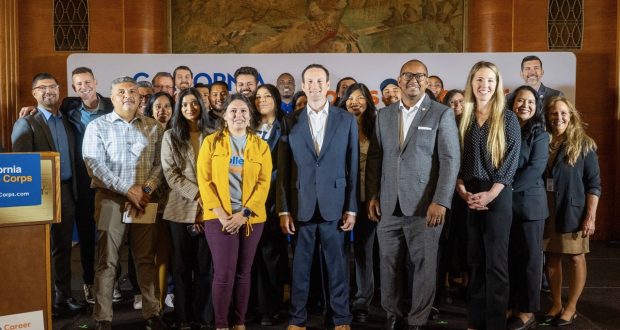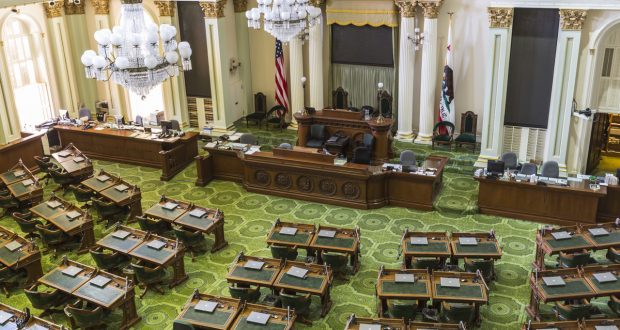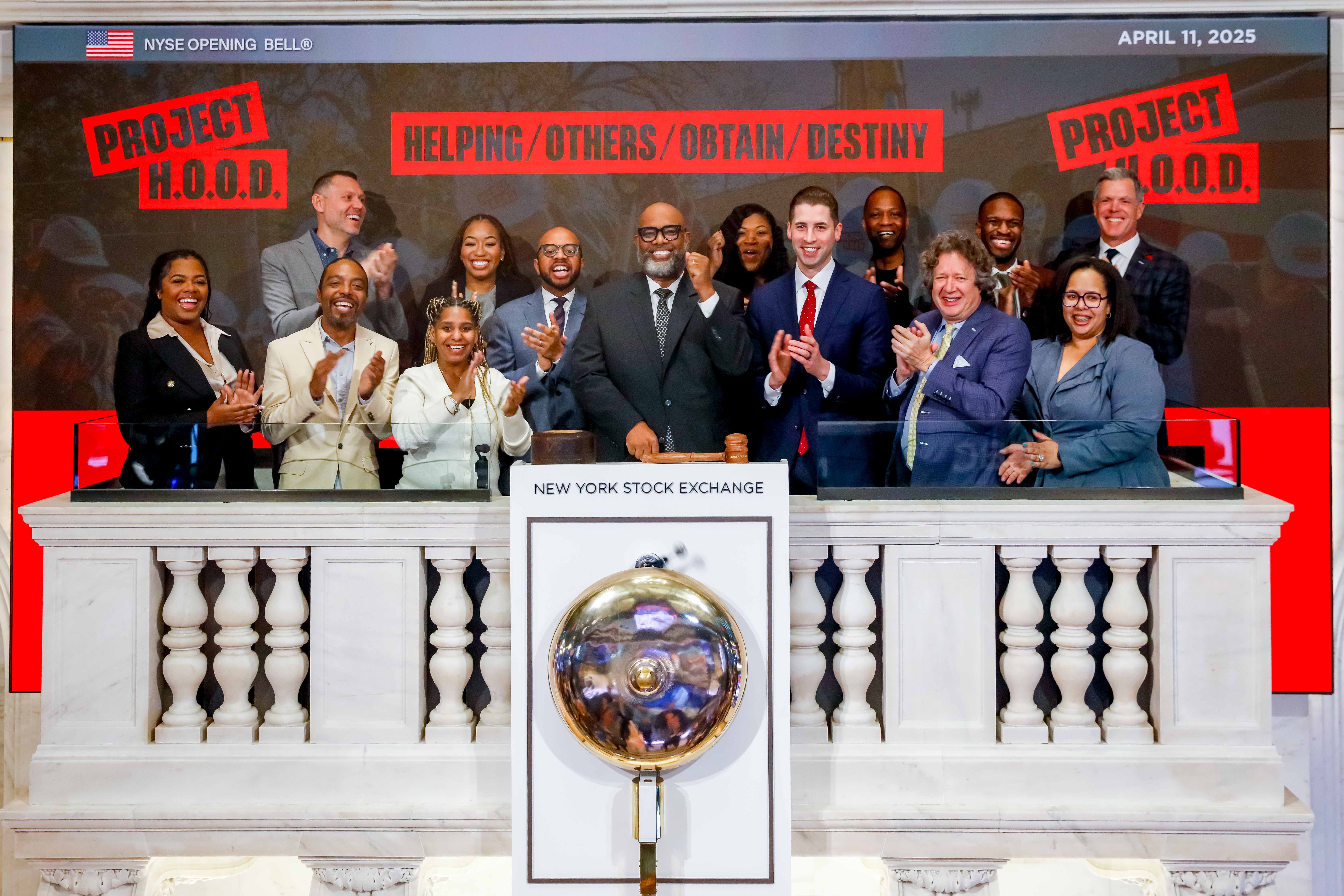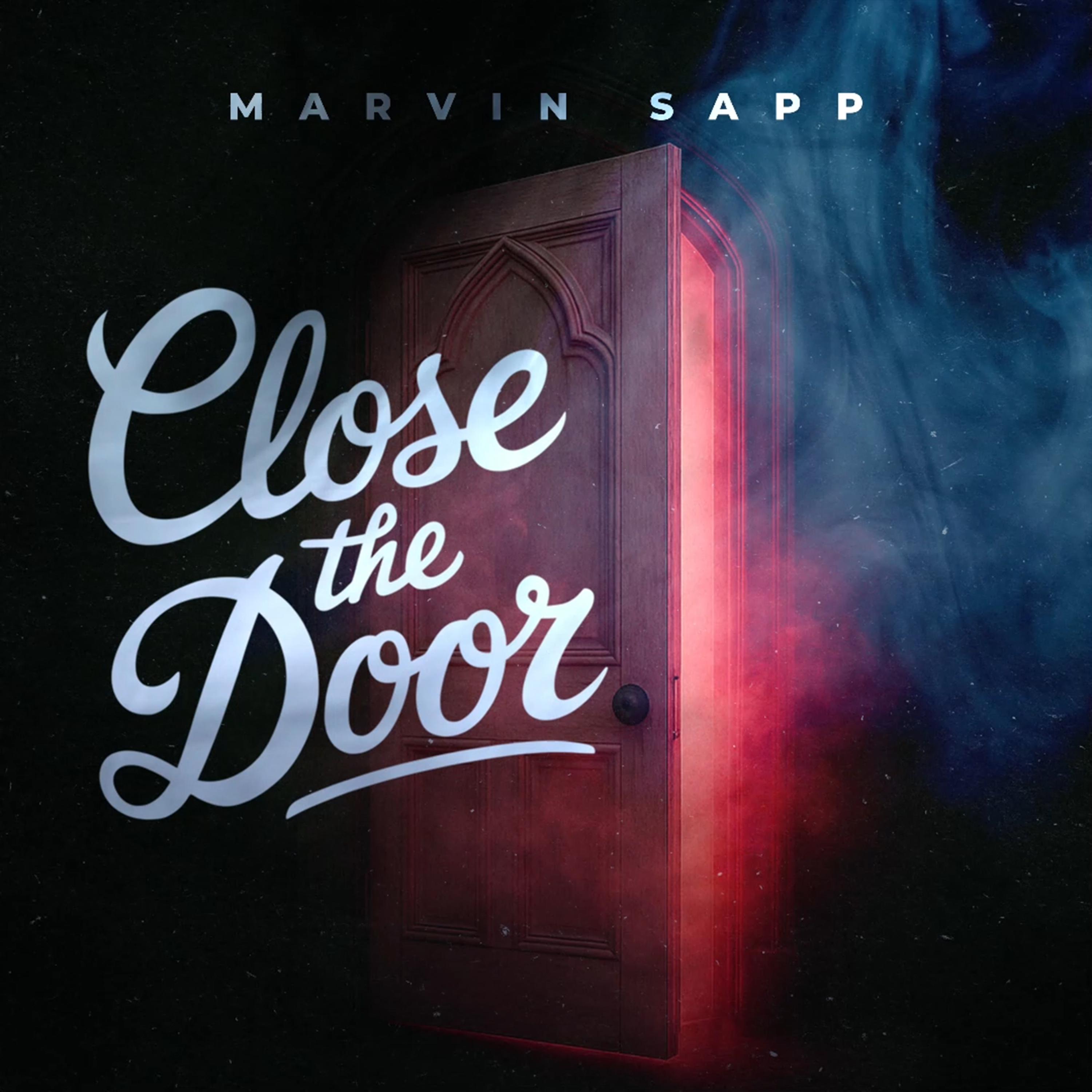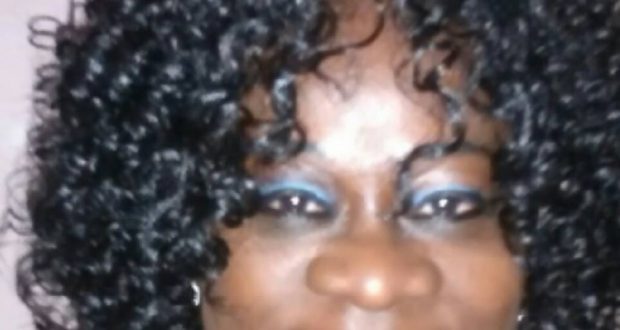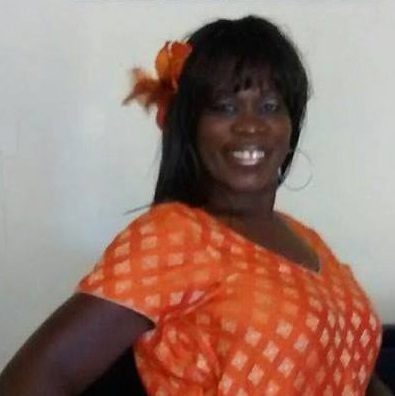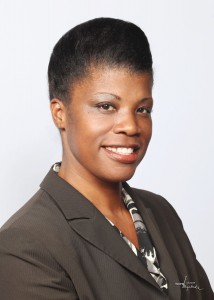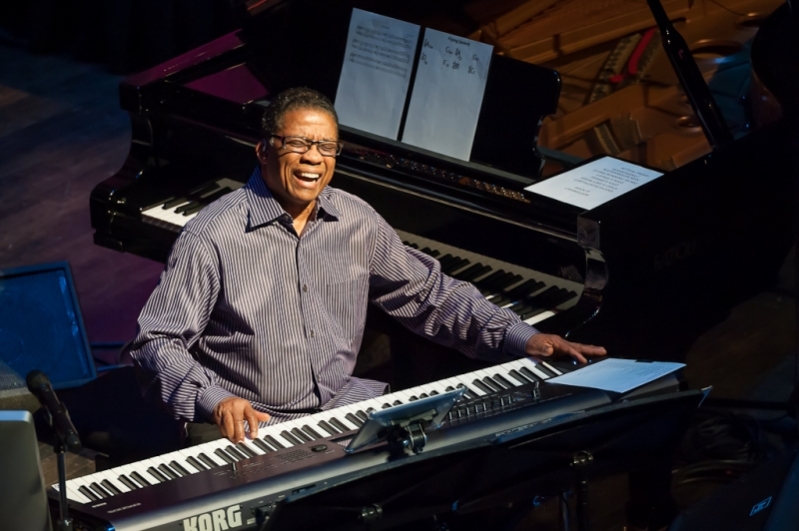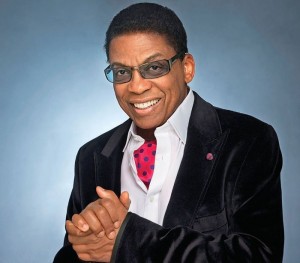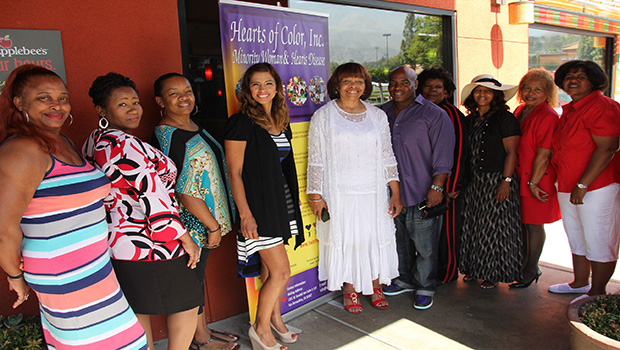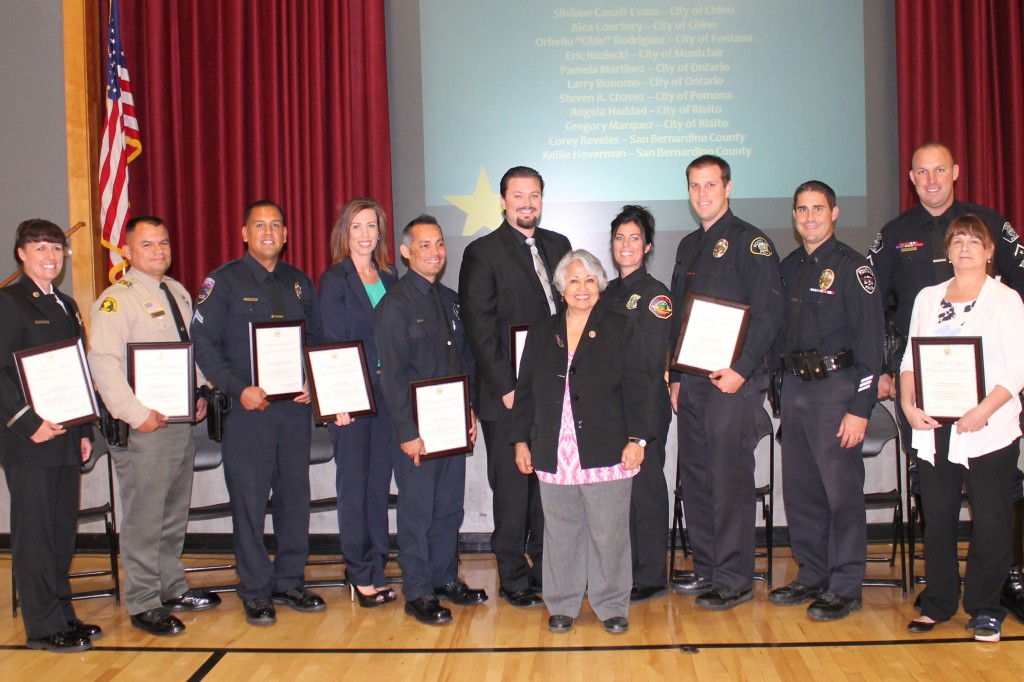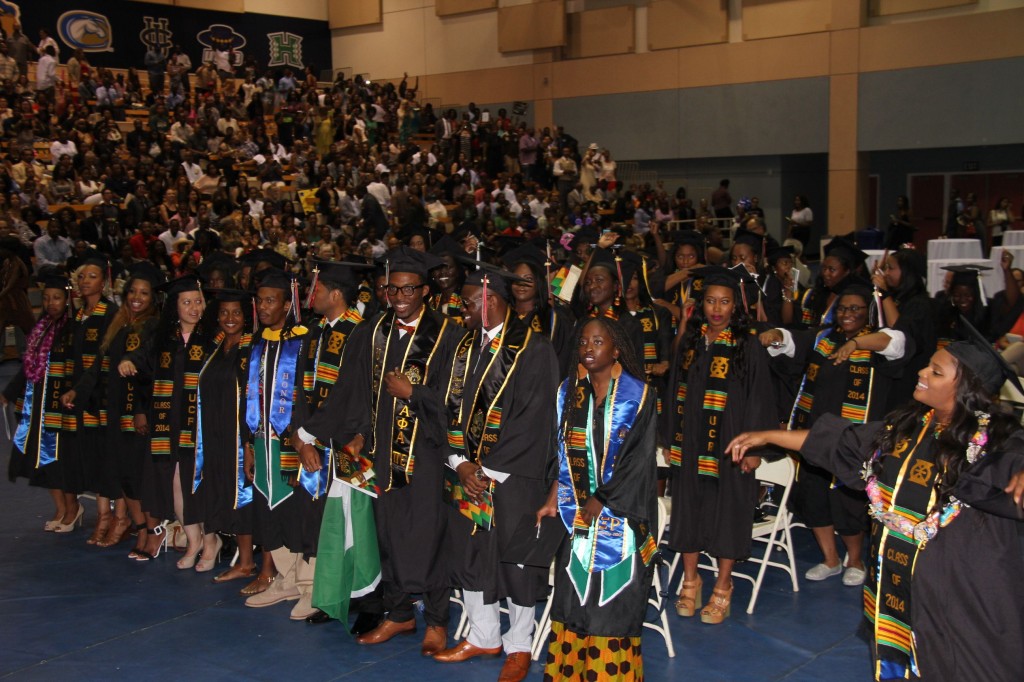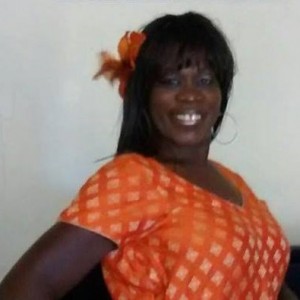By Lou Coleman
For many of you, this might be one of the hardest truths to accept…..there is absolutely no hope of going and changing the past. “What’s done is done!” Your future is suffering because you can’t seem to forgive yourself for what you’ve already done. As sorry as we are for the things that we have done, we cannot go back in time and undo them. And what good is it anyway to sit and beat yourself up over the things that you’ve done? If you are really sorry, then pick yourself up and do something different with your life. Stop worrying about things that you cannot change, and do what you can to change the things that are still within your power to do something about, because “What’s done is Done!”
In Luke 9:62 we find a story that vividly illustrates the danger of looking back. God has just pronounced judgment on Sodom and Gomorrah and they are about to be destroyed. In the meantime, God sends a message to Lot and his family. “Flee for your life; do not look back, or stop anywhere in the valley; flee to the hills, lest you be consumed.” Lot and his wife, and their two daughters left behind their home as fire and brimstone rain down on Sodom and Gomorrah. Then the unexpected happened. Lot’s wife looked back with a degree of longing to return to what she had left, and she became a pillar of salt. Her life was literally on the line, and rather than being fully engaged in surviving, she placed a higher priority on life’s lesser matters than on the greater one of preserving her life through God’s gift of protection. She looked back, revealing her heart still to be in Sodom, a type of the world. You cannot serve God and mammon. Her action indicated regret for having left. Jesus says, “No one who puts his hand to the plow and looks back is fit for the kingdom of God.” We must not let the past determine our future.
Today, let us resolve that the past will be the power from which we move forward, because the past is just that –“Past.” Paul is an example of a healthy view of the past. He owned his past as blasphemer, persecutor, and aggressor. He knew and accepted his past; he accepted responsibility and did not blame others for his actions. But, because Paul knew that he was forgiven, and because he confidently trusted God’s forgiveness, he did not retain the guilt of what he had done. He retained the memory, but it was his power, his strength, his motivation, his hope, and his ever present evidence and reminder of God’s grace.
It serves no purpose to deny, ignore, or hide the past. The past is to be accepted and owned. But with that acceptance comes responsibility for the present, the ability to make choices, to grow, and to change.“….Forget those things which are behind, and reach forth unto those things which are before, and press toward the mark for the prize of the high calling of God in Christ Jesus!” {Phil 3:13-14}…. “Free at last, free at last, thank God Almighty, I’m free at last!”
 Westside Story Newspaper – Online The News of The Empire – Sharing the Quest for Excellence
Westside Story Newspaper – Online The News of The Empire – Sharing the Quest for Excellence

